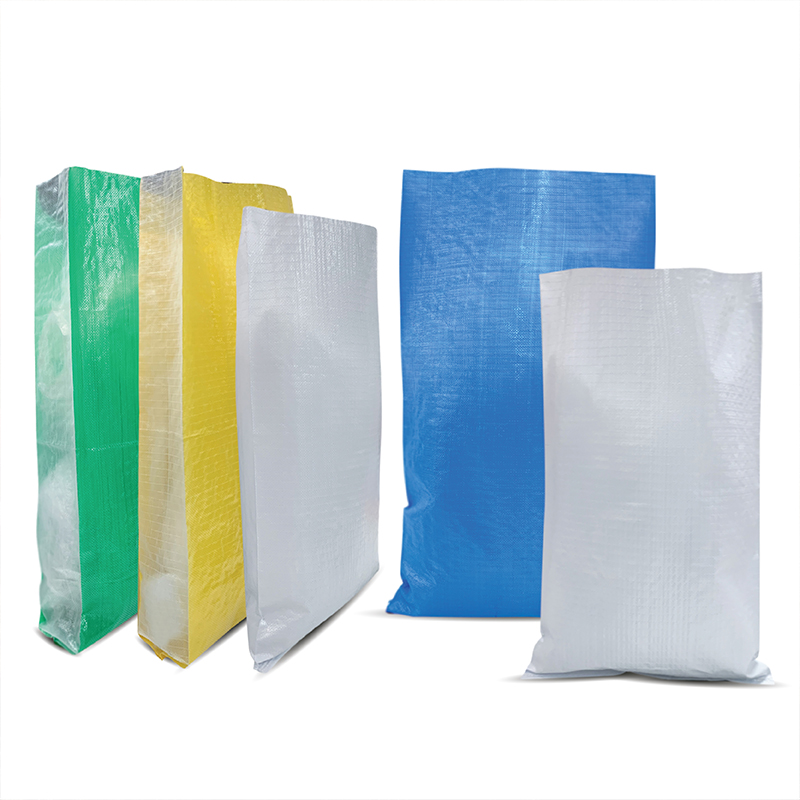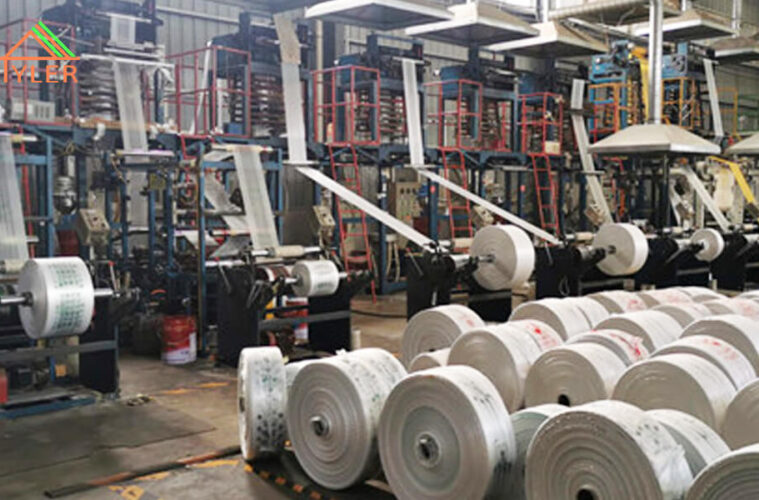The search for environmentally appropriate substitutes for traditional plastic has gotten more intense in the modern world, where environmental sustainability is a critical concern. Prominent participants in this movement are goods made of biodegradable polyethylene. These goods present a viable way to lessen the environmental effect of conventional plastics as an inventive answer. Due to its non-biodegradable nature, polyethylene, a standard plastic, has historically presented considerable issues and contributed to the global plastic pollution crisis. However, recent technological developments have produced biodegradable polyethylene, which has great promise for halting environmental deterioration.

The following are a few varieties of biodegradable polyethylene goods from different industries:
- Biodegradable bags: These bags comprise of biodegradable polyethylene, garbage bags, and shopping bags. Under the right circumstances, they break down quickly, lessening the strain on ecosystems and landfills.
- Packaging materials: Foam, cushioning sheets, and bubble wrap are among the packaging products made of biodegradable polyethylene. These environmentally friendly substitutes offer protection during handling and transportation.
- Food-service products: Disposable cutlery (forks, spoons, knives), plates, cups, and food containers composed of biodegradable polyethylene are examples of products that provide practical and environmentally friendly solutions for food-related applications.
- Agricultural films: In agriculture, biodegradable polyethylene films—such as mulch films and greenhouse covers—help increase crop yields, suppress weeds, and preserve water before decomposing naturally in the soil.
- Textiles: Biodegradable polyethylene fibers that are used in garments and textiles are produced by some companies. These eco-friendly materials provide comfort and durability.
- Medical and hygiene products: Biodegradable polyethylene produces gloves, aprons, and hygiene products like sanitary pads and diapers.
- 3-D printing films: The increasing need for sustainable manufacturing has been met by the development of biodegradable polyethylene-based 3D printing filaments due to bio-plastic advancements.
The development of Biodegradable Polyethylene Products continues to expand across multiple industries. A critical factor in promoting the use of biodegradable polyethylene items is education and awareness. Educating customers on the advantages for the environment and appropriate disposal techniques is essential to developing a sustainable culture. However, sufficient composting facilities and disposal techniques must be guaranteed for these items to assist the environment thoroughly. These goods have the potential to decrease environmental pollution and encourage the circular economy since they provide a competitive substitute for traditional plastics. Everyone must embrace and advance this technology to reduce the adverse environmental effects of plastic waste and protect the world for future generations.


